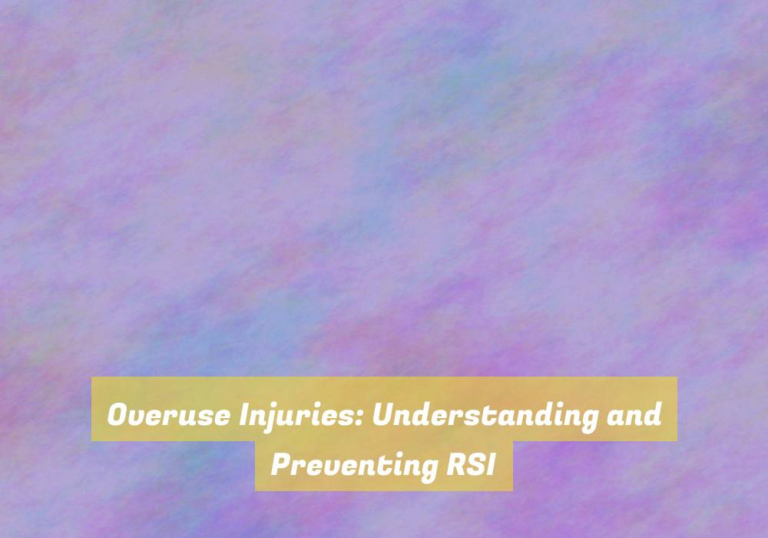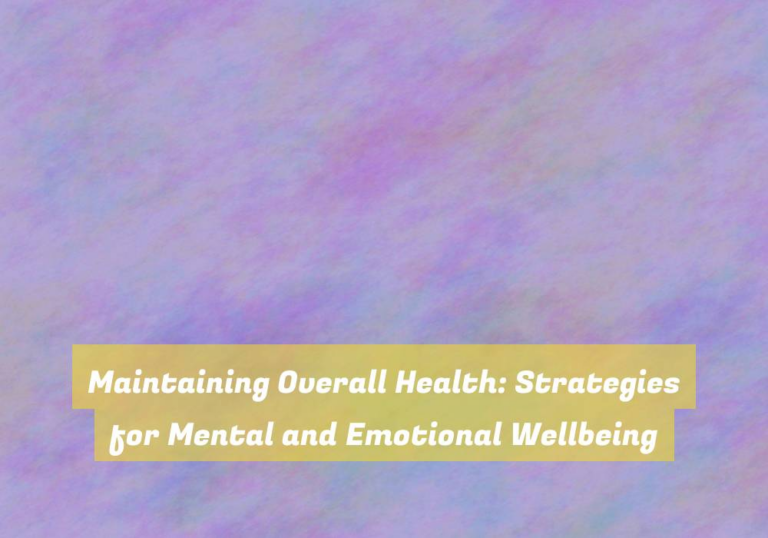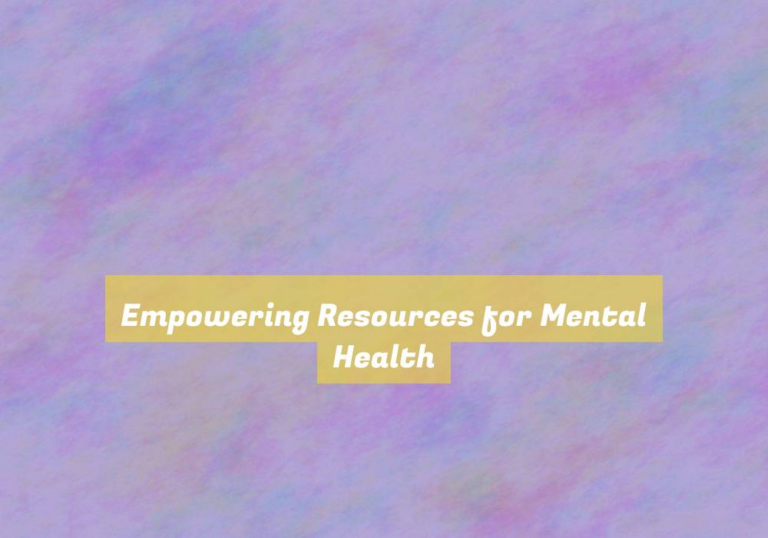Effective SelfHelp Techniques for Mental Wellbeing
Imagine your mind as a garden, requiring care and attention to flourish.
As you navigate the complexities of daily life, itG??s essential to cultivate effective self-help techniques for maintaining your mental wellbeing.
So, where do you start? Well, the path to a healthier mind begins with simple yet powerful practices that can positively impact your overall state of being.
Mindfulness Practices
Incorporate mindfulness practices into your daily routine to improve mental wellbeing and reduce stress. Start by setting aside a few minutes each day to practice mindfulness.
Find a quiet space, sit comfortably, and focus on your breath. Notice the sensation of each inhale and exhale. When your mind starts to wander, gently bring your attention back to your breath. This simple practice can help you cultivate a greater sense of calm and presence in your daily life.
Another mindfulness practice to consider is mindful eating. Take the time to savor and appreciate each bite of your meals. Notice the flavors, textures, and aromas of the food. By eating mindfully, you can enhance your enjoyment of meals and develop a healthier relationship with food.
In addition to these practices, you can incorporate mindfulness into everyday activities such as walking, showering, or even washing dishes. Paying attention to the present moment without judgment can help you alleviate stress and improve your overall mental wellbeing.
Make mindfulness a priority in your daily routine, and you may experience profound benefits for your mind and body.
Stress Management Techniques
When it comes to managing stress, applying mindfulness techniques can be a powerful tool for enhancing your mental wellbeing. Mindfulness involves being fully present in the moment and acknowledging your thoughts and feelings without judgment. One effective technique is mindful breathing, where you focus on your breath to anchor yourself in the present and alleviate stress.
Another useful method is body scan meditation, which involves paying attention to each part of your body, releasing tension, and promoting relaxation.
Engaging in regular physical activity is also crucial for managing stress. Exercise helps reduce levels of the bodyG??s stress hormones, such as cortisol, and stimulates the production of endorphins, which are natural mood lifters.
Additionally, maintaining a healthy and balanced diet can positively impact your stress levels. Consuming foods rich in vitamins, minerals, and antioxidants can support your body in coping with stress.
Incorporating relaxation techniques, such as progressive muscle relaxation or visualization, into your daily routine can further aid in stress management. These practices can help calm your mind and body, promoting a sense of peace and tranquility.
Positive Affirmations
By affirming your strengths and capabilities, you can cultivate a positive mindset and boost your mental wellbeing. Positive affirmations are powerful tools that can help you challenge and overcome self-sabotaging and negative thoughts. By consciously choosing to focus on constructive and optimistic statements about yourself, you can rewire your thinking patterns and reshape your outlook on life.
When practicing positive affirmations, itG??s essential to be specific and personalized. Instead of generic phrases, such as G??I am good enough,G?? try affirmations that directly address your areas of insecurity or self-doubt. For example, if you struggle with confidence in social situations, you might say, G??I am confident and at ease in social gatherings.G?? This targeted approach can have a more significant impact on your subconscious mind.
Furthermore, consistency is key. Incorporate positive affirmations into your daily routine, repeating them aloud or silently several times a day. Over time, these affirmations can become internalized, influencing your beliefs and actions.
Incorporating positive affirmations into your self-help practices can lead to improved self-esteem, resilience, and overall mental wellbeing.
Goal Setting for Wellbeing
To further enhance your mental wellbeing, consider setting specific and achievable goals that align with your personal values and aspirations. Setting goals can provide you with a sense of purpose and direction, contributing to a greater sense of fulfillment and satisfaction in life.
When setting wellbeing goals, itG??s important to consider various aspects of your life, including physical, emotional, and social wellbeing. Start by identifying areas where youG??d like to see improvement and then create measurable goals to work towards those improvements.
For example, if you want to improve your physical wellbeing, you could set a goal to exercise for 30 minutes three times a week. Additionally, itG??s crucial to make your goals realistic and attainable to prevent feelings of frustration or failure.
By setting achievable goals that are in line with your values, you can experience a sense of accomplishment as you make progress, ultimately contributing to your overall mental wellbeing.
Conclusion
In conclusion, by incorporating mindfulness practices, stress management techniques, positive affirmations, and goal setting into your daily routine, you can effectively improve your mental wellbeing. Remember to prioritize self-care and seek support when needed.
By taking proactive steps to address your mental health, you can lead a more balanced and fulfilling life. Keep practicing these self-help techniques and remember that itG??s okay to ask for help when you need it.
YouG??ve got this!







